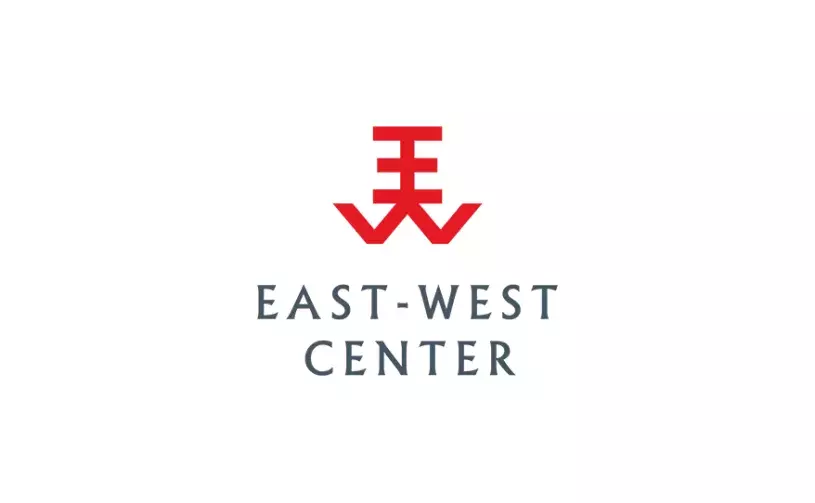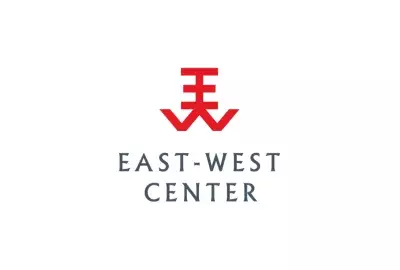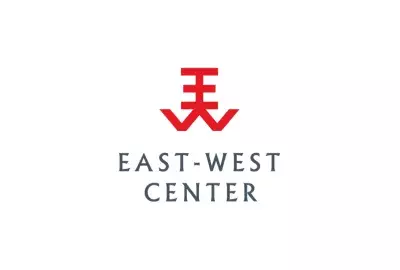Error message

Regional trade agreements can have powerful impacts on technology transfer (TT), primarily through their effects on trade in high-technology goods and services, foreign direct investment (FDI), and licensing, all of which are key channels of information diffusion. In that context, regional trade agreements (RTAs) and mega-regionals such as the TPP embody considerable promise for direct expansion of TT, if primarily within the agreement. Moreover, recent econometric evidence largely finds that each of these flows responds positively to strengthened patent laws and other intellectual property rights (IPR), though this conclusion must be conditioned on a variety of factors (Maskus, 2012). These basic observations suggest that there could be an important complementarity between the formation of trade agreements and their IPR standards, a critical question that has not yet attracted much investigation.
In addition, it stands to reason that countries joining RTAs are likely to observe growing within-agreement patent registrations. In that context, patent applications in themselves can facilitate the international diffusion of technological information. Patents are published and may be read by firms seeking to learn new technologies and invent around them, or simply to imitate them if associated patents are not in force in a particular location. At the same time, patents embody market power and may be deployed in ways that diminish access to technologies, whether through restrictive licensing practices or unaffordable rights fees.
These basic observations point to the importance of thinking about how international strategies might be devised to increase TT on affordable terms in key sectors going forward, with some emphasis on the potential roles RTAs could play. An opportunity for such reflection arises in the recently completed negotiations of the TPP and continuing intergovernmental and NGO work on climate change and access to medicines. In brief, I argue that RTAs could play a positive role if they are supplemented with additional financing commitments, technical assistance, and knowledge sharing. In this context they could be useful complements to larger global initiatives, including an agreement on access to basic science and technology.
About the author
University of Colorado Boulder Professor of Distinction Keith Maskus has been named the U.S. Department of State chief economist (effective October 2016). Maskus, who was the director of CU Boulder's Program on International Development, is professor of economics and former associate dean for social sciences at the University of Colorado, Boulder, USA. He has been a lead economist in the Development Research Group at the World Bank. He is also a research fellow at the Peterson Institute for International Economics, a fellow at the Kiel Institute for World Economics, and an adjunct professor at the University of Adelaide. He has been a visiting professor at the University of Bocconi and a visiting scholar at the CES-Ifo Institute at the University of Munich and the China Center for Economic Research at Peking University. He serves also as a consultant for the World Bank and the World Intellectual Property Organization and recently chaired a panel of the National Research Council on intellectual property management in standards-setting organizations.
Maskus received his PhD in economics from the University of Michigan in 1981 and has written extensively about various aspects of international trade. His current research focuses on the international economic aspects of protecting intellectual property rights. He is the author of Intellectual Property Rights in the Global Economy, published by the Institute for International Economics, and co-editor of International Public Goods and the Transfer of Technology under a Globalized Intellectual Property Regime, published by Cambridge University Press. A new volume, Private Rights and Public Problems: The Global Economics of Intellectual Property in the 21st Century, was published in 2012 by the Peterson Institute for International Economics.
This paper was presented at the international workshop, funded by the National Science Foundation, on Mega-Regionalism - New Challenges for Trade and Innovation, East-West Center, Honolulu, 20-21 January, 2016. A revised version will be published in Megaregionalism - Innovation and Trade within Global Networks (Dieter Ernst and Michael Plummer, editors), World Scientific Studies/Imperial College Press.
Regional trade agreements can have powerful impacts on technology transfer (TT), primarily through their effects on trade in high-technology goods and services, foreign direct investment (FDI), and licensing, all of which are key channels of information diffusion. In that context, regional trade agreements (RTAs) and mega-regionals such as the TPP embody considerable promise for direct expansion of TT, if primarily within the agreement. Moreover, recent econometric evidence largely finds that each of these flows responds positively to strengthened patent laws and other intellectual property rights (IPR), though this conclusion must be conditioned on a variety of factors (Maskus, 2012). These basic observations suggest that there could be an important complementarity between the formation of trade agreements and their IPR standards, a critical question that has not yet attracted much investigation.
In addition, it stands to reason that countries joining RTAs are likely to observe growing within-agreement patent registrations. In that context, patent applications in themselves can facilitate the international diffusion of technological information. Patents are published and may be read by firms seeking to learn new technologies and invent around them, or simply to imitate them if associated patents are not in force in a particular location. At the same time, patents embody market power and may be deployed in ways that diminish access to technologies, whether through restrictive licensing practices or unaffordable rights fees.
These basic observations point to the importance of thinking about how international strategies might be devised to increase TT on affordable terms in key sectors going forward, with some emphasis on the potential roles RTAs could play. An opportunity for such reflection arises in the recently completed negotiations of the TPP and continuing intergovernmental and NGO work on climate change and access to medicines. In brief, I argue that RTAs could play a positive role if they are supplemented with additional financing commitments, technical assistance, and knowledge sharing. In this context they could be useful complements to larger global initiatives, including an agreement on access to basic science and technology.
About the author
University of Colorado Boulder Professor of Distinction Keith Maskus has been named the U.S. Department of State chief economist (effective October 2016). Maskus, who was the director of CU Boulder's Program on International Development, is professor of economics and former associate dean for social sciences at the University of Colorado, Boulder, USA. He has been a lead economist in the Development Research Group at the World Bank. He is also a research fellow at the Peterson Institute for International Economics, a fellow at the Kiel Institute for World Economics, and an adjunct professor at the University of Adelaide. He has been a visiting professor at the University of Bocconi and a visiting scholar at the CES-Ifo Institute at the University of Munich and the China Center for Economic Research at Peking University. He serves also as a consultant for the World Bank and the World Intellectual Property Organization and recently chaired a panel of the National Research Council on intellectual property management in standards-setting organizations.
Maskus received his PhD in economics from the University of Michigan in 1981 and has written extensively about various aspects of international trade. His current research focuses on the international economic aspects of protecting intellectual property rights. He is the author of Intellectual Property Rights in the Global Economy, published by the Institute for International Economics, and co-editor of International Public Goods and the Transfer of Technology under a Globalized Intellectual Property Regime, published by Cambridge University Press. A new volume, Private Rights and Public Problems: The Global Economics of Intellectual Property in the 21st Century, was published in 2012 by the Peterson Institute for International Economics.
This paper was presented at the international workshop, funded by the National Science Foundation, on Mega-Regionalism - New Challenges for Trade and Innovation, East-West Center, Honolulu, 20-21 January, 2016. A revised version will be published in Megaregionalism - Innovation and Trade within Global Networks (Dieter Ernst and Michael Plummer, editors), World Scientific Studies/Imperial College Press.
East-West Center Working Papers: Innovation and Economic Growth Series






